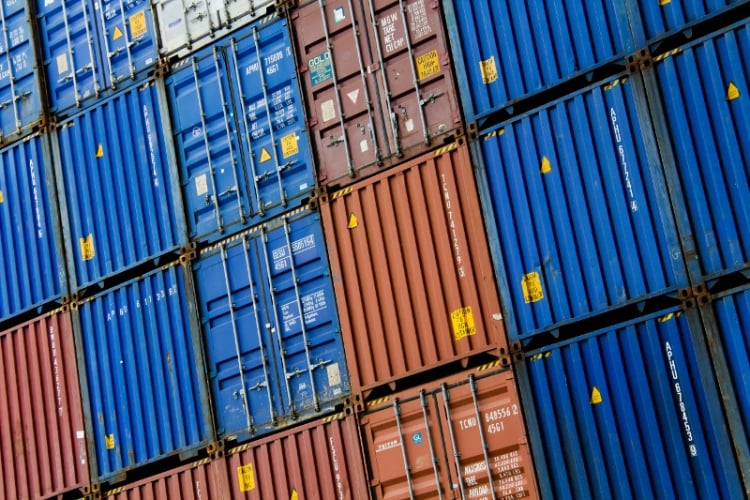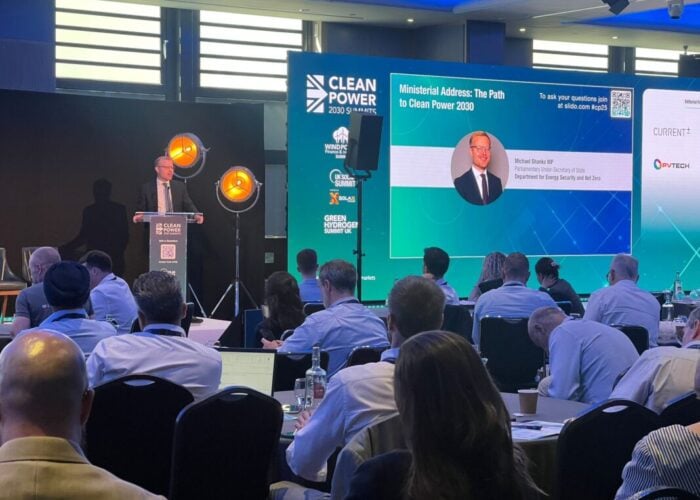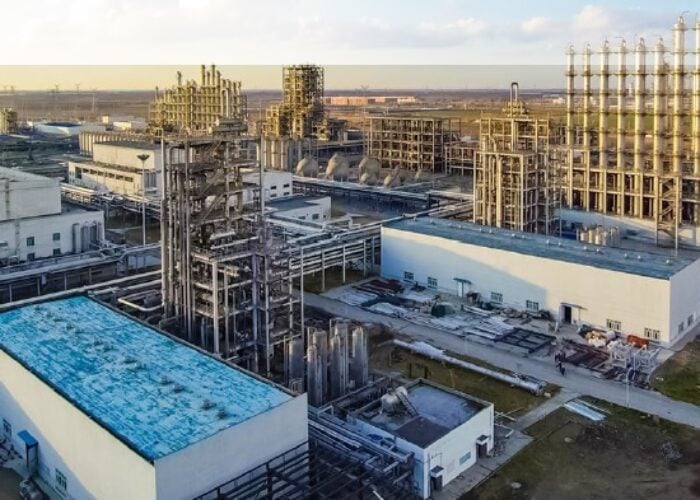
US solar companies have called upon the Biden administration to excise caution as a number of trade barriers risk threatening the supply of solar modules to the country just as deployment is set to accelerate.
Speaking to PV Tech, one US-based EPC said that the Section 201 tariffs in place since 2018 had completely stemmed the flow of solar products directly from China to the US and extending the tariffs to include Southeast Asia-based subsidiaries, as has been mooted in petitions filed last week, would “completely destroy the market”.
Unlock unlimited access for 12 whole months of distinctive global analysis
Photovoltaics International is now included.
- Regular insight and analysis of the industry’s biggest developments
- In-depth interviews with the industry’s leading figures
- Unlimited digital access to the PV Tech Power journal catalogue
- Unlimited digital access to the Photovoltaics International journal catalogue
- Access to more than 1,000 technical papers
- Discounts on Solar Media’s portfolio of events, in-person and virtual
While US Customs and Border Protection (CBP) has begun seizing modules suspected to have contravened the Withhold Release Order (WRO) on polysilicon imports linked to Hoshine Silicon Industry, petitions filed by law firm Wiley on behalf of a consortium of US-based solar manufacturers has sought to extend anti-dumping and countervailing tariffs to Southeast Asian nations including Vietnam, Thailand and Malaysia.
The petitions, lodged last week, allege that China-based manufacturers are illegally circumventing the duties enforced under Section 201 through the use of subsidiaries based in numerous Southeast Asia countries. The companies forming the consortium have so far remained anonymous, much to the chagrin of developers in the US.
NextEra Energy has this week written to the US Department of Commerce calling for the petitions to be thrown out unless the companies in question come forward, and George Hershman, president at US-based engineering, procurement and construction (EPC) firm Swinerton warned that blocking imports from Vietnam and other solar manufacturing hotspots outside of China would severely limit the solar industry’s deployment potential.
“The 201 [tariffs] continue to add cost and disruption to the supply chain, and then the polysilicon WRO issue around forced labour… at a time when the industry is so ripe for growth and has so much opportunity, we’ve now just really put the brakes on. There’s no way to service the project pipeline without imports,” Hershman said.
While First Solar – which recently broke ground on a new 3.3GW manufacturing facility in Ohio, effectively doubling its US-based manufacturing capacity – would be able to supply to the US market under such conditions, Hershman was pessimistic about the industry’s ability to source components in sufficient quantities to meet demand.
“We don’t have domestic product outside of what First Solar can produce, and I’m happy that they’re growing their factory, but they just can’t produce for the utility-solar industry fast enough,” he said.
The petitions to the US Department of Commerce could trigger an investigation to be led by the US International Trade Commission, which would then issue recommendations to the Biden administration. An investigation is already set to be launched in the future of the S201 tariffs given their projected expiry in February next year, which will determine whether or not they are to be extended.
Administration must avoid border chaos
Hershman said that while discussions with the Biden administration regarding the most recent petitions have not yet started, Swinerton remains in communication with the US government over the impact of Section 201 tariffs and WRO enforcement.
“None of us want a supply chain that’s built on forced labour. They [the Biden administration] want to work with the solar industry. The good news is they’re having conversations with the industry to figure where and what type of things we can do to help support their goals,” he said. A key element of this is the traceability protocol that has been pushed by the Solar Energy Industries Association (SEIA) and its members.
However concerns have been raised about the transparency surrounding shipment detainments, with the Department of Commerce not publishing a list of manufacturers under suspicion, nor detailing publicly the shipments being detained. This has created confusion amongst developers who are uncertain where specifically they can still source modules from.
Also speaking to PV Tech, CEO at US solar and storage developer Arevon Energy, John Breckenridge called for more transparency on the issue. “To just abruptly stop panels at the border without any sort of way for the industry to have been prepared for that has a huge cost to it, potentially. I think the industry has to find a way to address this problem without creating total chaos,” he said.
Hershman concurred, stating that it “doesn’t help anyone” for product to be stopped at the border without clarity. “CBP doesn’t know quite how to administer this, so that confusion just holds stuff up,” he said.
Hershman said one thing the industry is currently talking to the Biden administration about is clear guidelines, but without any interim clarity, fears remain over a protracted slowdown in activity. “It’s caused the whole market to grind to a halt because companies don’t know if they’re going to be targeted, so they don’t know if they can sign contracts. We don’t know if we can buy products from them. We don’t know if our contracts that are already in place are going to be fulfilled because they’re due to deliver two months from now,” he said.
Supply chain volatility and trade barriers are the subject of the cover story of the forthcoming volume of PV Tech Power, due to be published next week. As a PV Tech Premium subscriber, PV Tech Power vol. 28 will be sent straight to your inbox upon release.
PV Tech publisher Solar Media is also hosting the Solar & Storage Finance USA virtual summit in October, where trade and supply issues are to be discussed. For more information on the event, including how to attend, click here.






